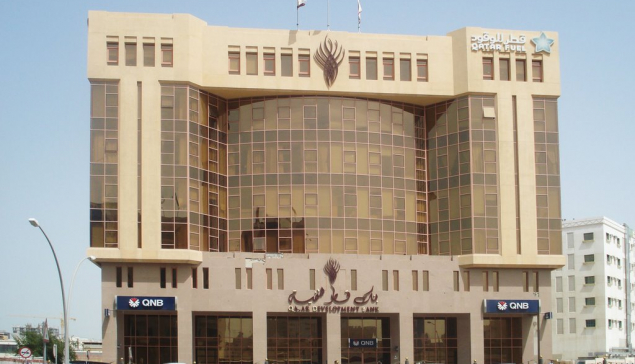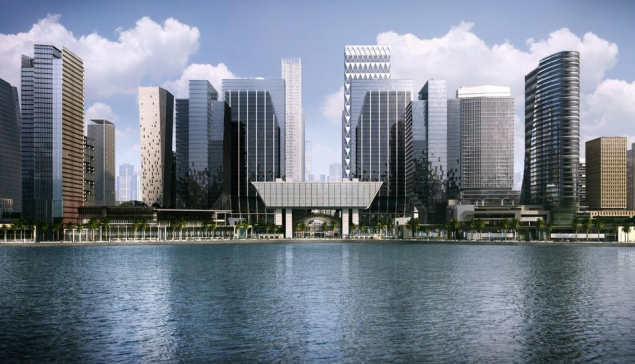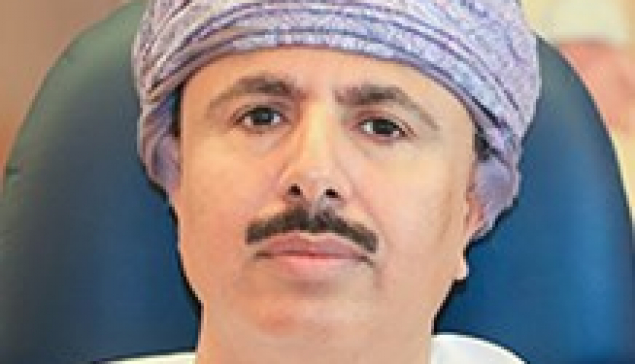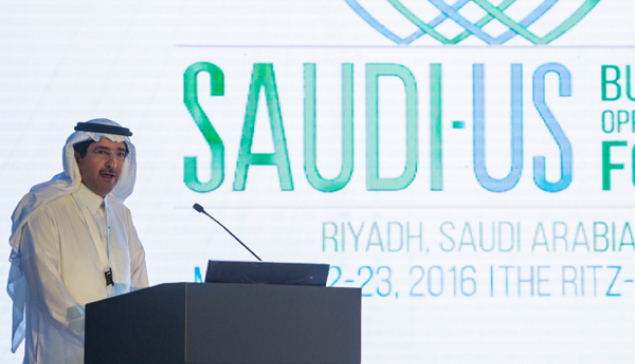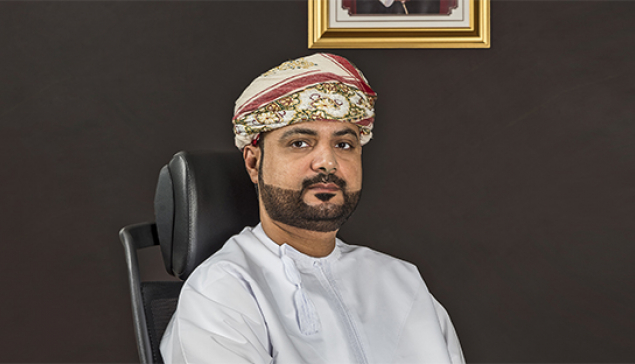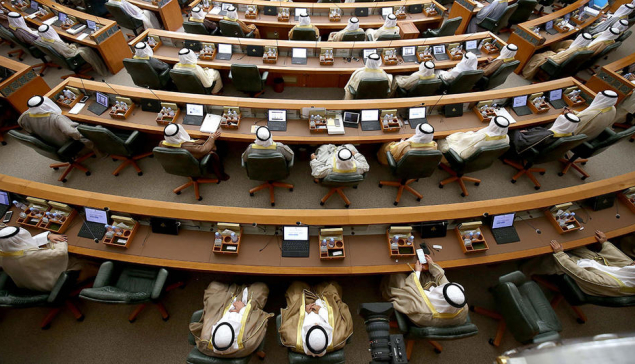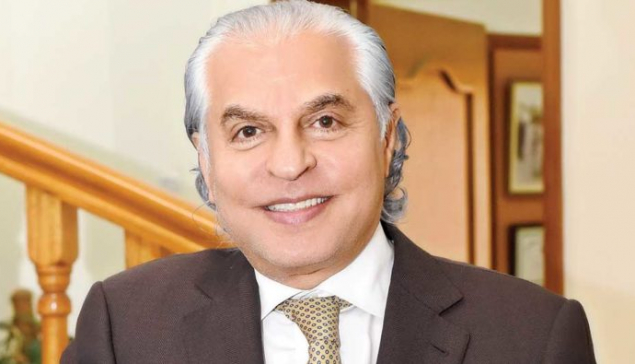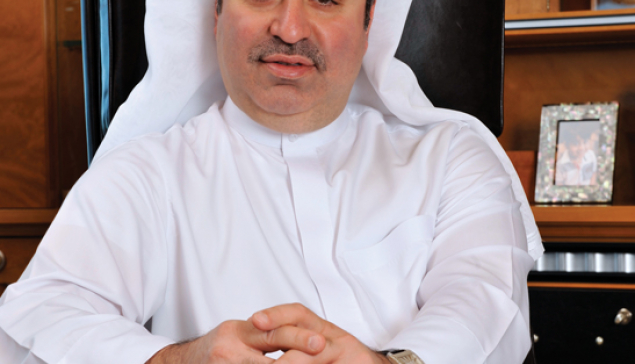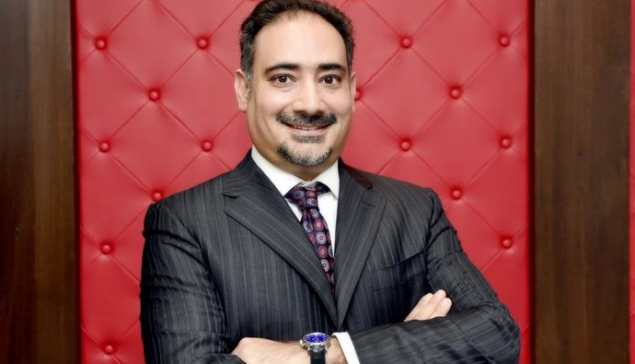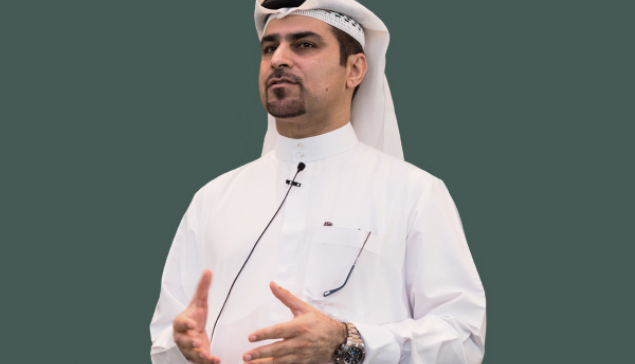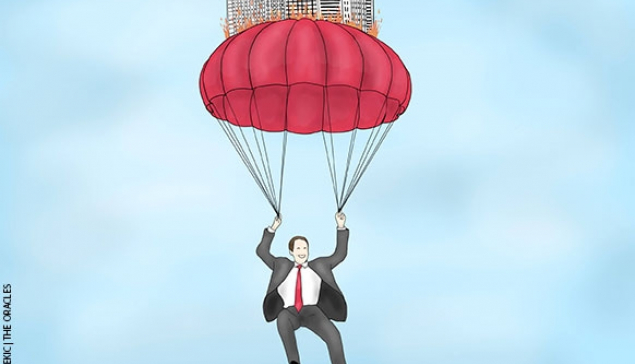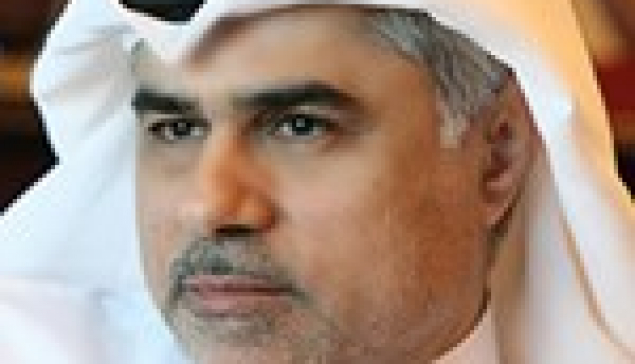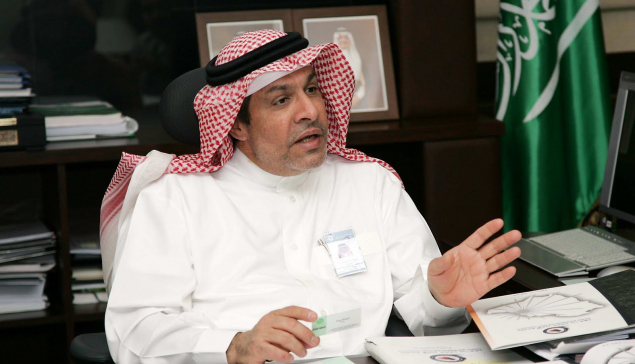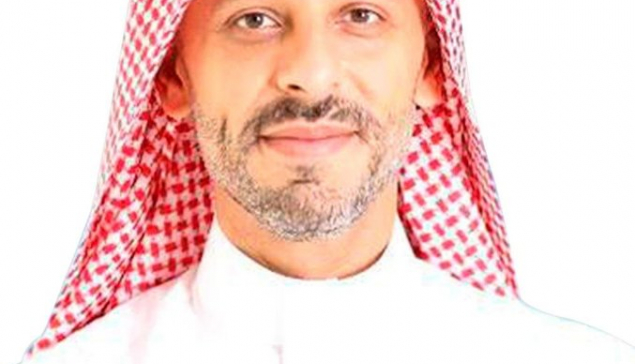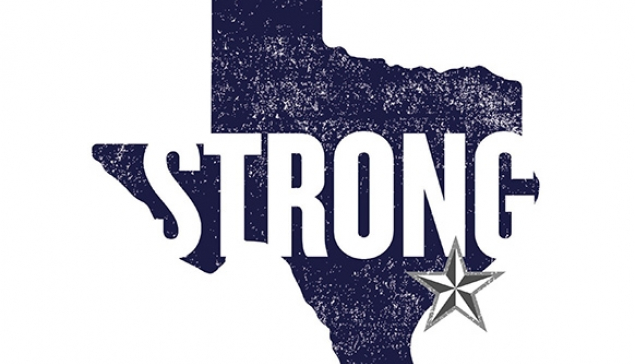What significance does Alissa Group's recent professionalization of its management have in a region where many family groups are just starting to do the same?
The group has developed strong foundations over the past seven decades in many sectors of our economy, allowing us to position ourselves at the forefront of several of them, particularly the leasing and automotive sectors where we have played pioneering roles. As we continue to build on the core values and principles of our late founder, which have made us one of the most significant economic groups in the country, we are also resolutely working on strengthening our corporate governance culture and expanding our opportunity-set by investing in the key drivers of business sustainability, namely our vision, our people, our culture, and our strategy. The degree of our future success will be commensurate to our level of commitment to these causes.
How do these recent changes fit with the goals of the recent reforms in the Kingdom?
There is no doubt that the goals of the 2020 National Transformation Program are both noble and ambitious, but I'm concerned that the accelerated implementation of the Program is loosening the very bedrock upon which the pillars of the new economy are set to be built, at least in the short-run. Indeed, the Kingdom has witnessed an unprecedented and unfortunately largely self-inflicted economic slowdown born from a misjudged oil policy that traces its roots back to H2 2014; the beginning of the two-pronged Saudi led oil market offensive on high-cost oil producers in the West and the resurgent economic and political thirst of Iran in the East. Having now fallen short of achieving its overarching objective of preserving market share, Saudi oil policy is clearly showing signs of fatigue (evidenced by the Vienna oil-cut compromise in December 2016), but only after many painful months of economic decline. Though I am hopeful that a great portion of the damage has already been done, Saudi companies are nevertheless having to cope with market and policy dynamics that are often at odds with each other. Indeed, the accelerated series of reforms being enacted by policymakers have coincided with a severe economic slowdown, rising interest rates, lower consumer confidence, diminishing disposable income, and higher geopolitical risks to synthesize the perfect economic storm. The government's increasing reliance on the private sector to pick up public sector slack also comes at a time when private sector entities, having borne much of the impact of the reforms (with more to come), are looking to significantly rationalize their workforces and reduce costs and expenses to a minimum. It is worth noting that although the more sophisticated of our people are aligned with the major themes of the transformation program, including the elimination of subsidies, the resizing of the public sector, and the development and employment of Saudis, policymakers will nevertheless continue to find it challenging to generate the required level of societal and private sector commitment to these programs without first transforming the cultural profile of our people from that of “entitled but devoted nationals" to that of “invested and active citizens." This is a delicate journey, but critical to our social evolution as members of the global community.
Cultural change in government offices and family holdings has been a consistent topic of discussion for us this year. How are you shaping the culture at Alissa Group?
Firstly, I don't see Alissa Group as a family business, but rather a business that has a fiduciary duty to protect and maximize the interests of its shareholders, no matter their constitution. However, as in many Saudi companies, our corporate culture is a subset of our nation's culture, which for many decades has been based on a sense of entitlement, rather than on performance or merit. I firmly believe that during times of reform and transformation, leaders must communicate an inspiring unifying vision which is authentic and compelling enough to win the hearts and minds of their most valuable enabling assets: their people. Leaders must instill a sense of purpose, ownership, and accountability in their people, wrapped in a progressive cultural value system that allows them to flourish in an environment where they feel engaged and empowered. If anything, this is the essence of the leadership role, and the very reason why an enabling people vision should always precede the introduction of a transformational economic vision.
You formerly headed the Tadawul, an exchange that has long encouraged family groups to list. What parts of the group are the most likely candidates for a listing either in the main market or the newly established parallel market?
Although we plan to list all of our subsidiaries over the coming years, it is too early to make that commitment today, especially in light of the downturn in economic activity and the unanswered question of whether the economy is headed towards a “hard landing". This uncertainty prompts us to be more inwardly focussed on business optimization. This apprehension is being felt by many companies. Indeed, it is not coincidental that 2015 only witnessed four IPOs, followed by three in 2016; the worst two consecutive years for IPOs since 2005 and 2004 respectively. Given the current ECM pipeline, it looks likely that 2017 will be an even more disappointing year for IPOs. As for the newly launched Nomu market (meaning “growth market"), and despite its promising start, I fear that the required market ecosystem and the rules around it have fundamentally strayed from the initial design. Having been the primary advocate and architect of the Nomu market blueprint before leaving the exchange in 2015, I was saddened to see it launched with two essential components critical to protecting investors and enhancing the maturity and sustainability of its constituents absent. I am nevertheless hopeful that these necessary components will be introduced over the course of the next 12 to 24 months. It was also disheartening to see a market that was initially designed to help SMEs expand and contribute to the national economy turn into a venue for founder exits. Indeed, six of the seven offerings in this market were shareholder cash-outs rather than capital raising exercises. This creates a credibility gap for the “growth" market, its constituents, and the regulator whose rules permit such cash-outs.
What are your plans and expectations for the year ahead?
I fear that the year ahead will pose an existential test for many private sector establishments. Companies with skilled leadership, strong corporate governance, and a dynamic tactical and strategic outlook are likely to survive current and upcoming challenges only to emerge stronger and more resilient. Bold decisions will need to be made. Such decisions must unfortunately be mechanical and absent emotional considerations. For many companies, success in the past was primarily driven by favourable market conditions rather than from differentiating factors. Such conditions have distracted companies from enhancing efficiencies, strengthening controls, and fortifying the foundations required to ensure that their businesses are sustainable during troughs in the economic cycle. The current economic slowdown is now very clearly showing us the significant cracks in corporate foundations. To quote Warren Buffet, “Only when the tide goes out do you discover who's been swimming naked." Companies operating under the illusion of “it's business-as-usual" will unfortunately be the first to succumb to the tidal wave of change. With that said, it is encouraging that policymakers are now progressively engaging with the private sector to co-design more balanced government policies that are conducive to improving the commercial, legal, and regulatory landscape. It is for this reason that we continue to be optimistic about the future while we navigate our way through the present.
- Super User
- Stress releif
- Hits: 4987


